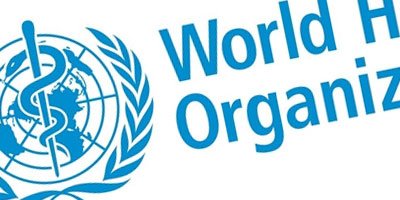Prequalification
Many essential reproductive health (RH) medicines and devices are off-patent and are being manufactured by suppliers throughout the world. These suppliers, including manufacturers of lower-priced generic versions of namebrand medicines, have an important role to play in meeting the need for RH supplies. Low- and middle-income countries that procure RH supplies, particularly within their public sector programs, assume responsibility for ensuring product quality, even in the absence of robust regulatory authorities.
The World Health Organization (WHO) Prequalification Programme and its role in assuring quality
The Prequalification Programme was set up in 2001 by WHO to facilitate access to medicines (for HIV, AIDS, malaria, and tuberculosis) that meet unified standards of quality, safety, and efficacy. From the outset, the project has been supported by the Joint United Nations Programme on HIV/AIDS (UNAIDS), the United Nations Children's Fund (UNICEF), the United Nations Population Fund (UNFPA), and the World Bank. The list of prequalified products is used primarily by UN agencies to guide their procurement decisions. However, the list has become a vital tool for any agency or organization involved in bulk purchasing of medicines at the country or global level.
WHO's Prequalification Programme is supporting the improvement in manufacturing capacity by prequalifying products that have been assessed, inspected, and controlled to meet international norms and standards for quality, efficacy, and safety; by giving assurance that international norms and standards are applied to all the steps of the prequalification process; and by enabling access to good quality medicines.
The WHO Programme, together with UNFPA, has recently begun to prequalify contraceptive products and is expanding into other medicines for RH.
How the Coalition is putting Prequalification of RH medicines on the map
- The Coalition and its partners were involved in the formulation of the Interagency List of Essential Medicines for Reproductive Health (2006), the WHO Model List of Essential Medicines, and the Essential Medicines for Reproductive Health: Guiding Principles for their Inclusion on National Medicines Lists.
- The Coalition reached consensus at its Bonn membership meeting in October 2006 on the principle to procure only products that have either been prequalified by WHO or approved by a stringent regulatory drug agency.
- Via its membership meetings, communication activities, and regular correspondence, the Coalition provides regular updates on the prequalification of RH medicines.
- Coalition members WHO, UNFPA, and PATH collaborated on two regional workshops to acquaint national procurement and regulatory officials with the WHO Prequalification Programme. In 2008, PATH, WHO, and UNFPA led three workshops on prequalification aimed at condom manufacturers and large-scale procurers and donors. The workshops were supported through a grant to PATH from the Bill & Melinda Gates Foundation.
- In 2009, the Coalition awarded an Innovation Fund grant to the Concept Foundation to raise awareness of the WHO Prequalification Programme under the AQAS Initiative.
- In 2010, Coalition members UNFPA, WHO, JSI and Marie Stopes International hosted an interagency consultation meeting in Washington, DC to discuss better harmonizing quality assurance practices in the procurement of hormonal contraceptives.
IUD Suppliers
UNFPA List of Prequalified IUD Suppliers
Male Condom
UNFPA List of Prequalified Male Condom Suppliers
Female Condom
UNFPA List of Prequalified Female Condom Suppliers
RH Medicines
UNFPA RH Medicines recommended by the ERP for procurement
